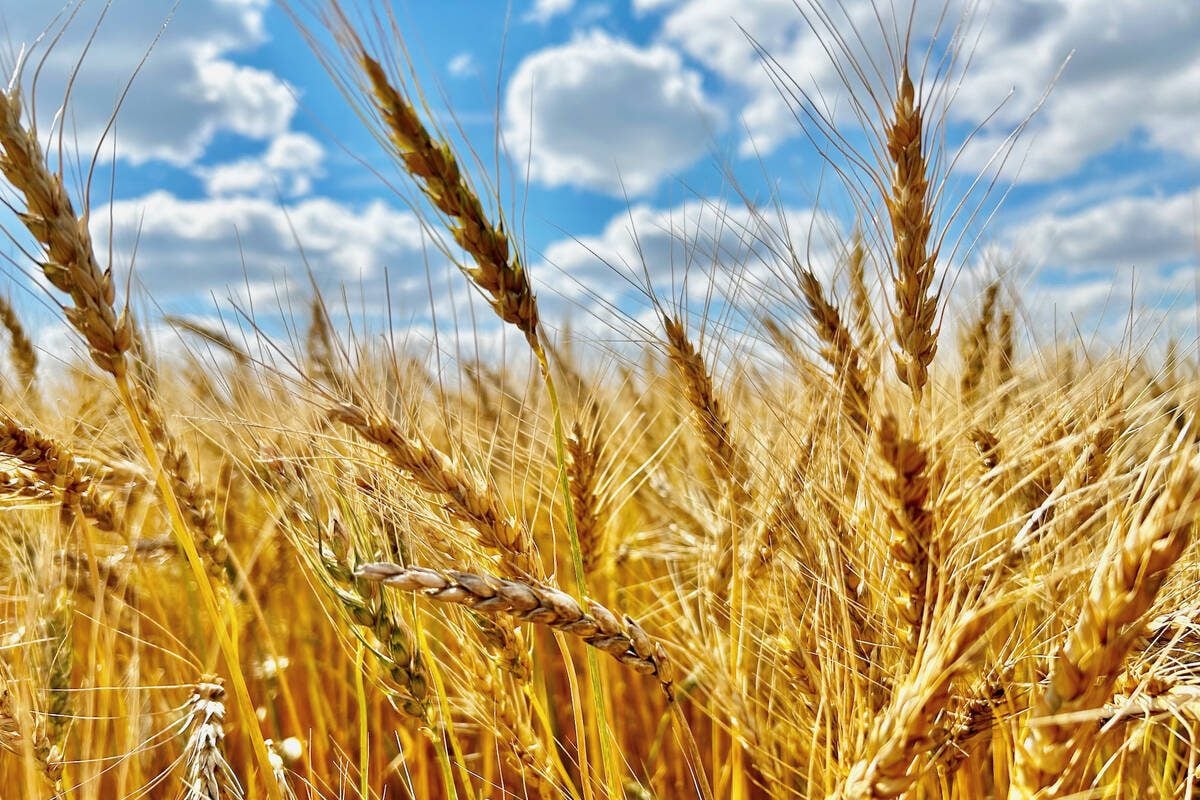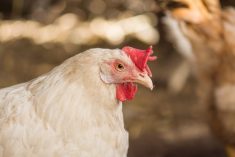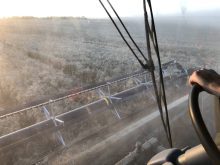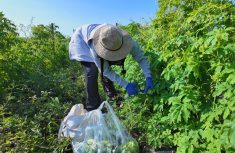WHITEHORSE — As federal and provincial agriculture ministers gathered in the Yukon capital yesterday to engineer a significant rewrite of national farm programs, farm leaders once again complained they were excluded.
Ministers were unmoved, according to some farm leaders who attended the two-hour closed-door session organized by the Canadian Federation of Agriculture.
They made no commitments and refused to divulge last-minute proposals on the bargaining table and their costs.
The Whitehorse agreement to be signed tomorrow is expected to sharply reduce AgriStability coverage, saving governments as much as $2.1 billion over five years beginning April 1, 2013.
Read Also

Expana lifts EU cereal forecasts, maize exceeds expectations
Expana has raised its monthly grain production forecast for European Union crops for the 2025/26 season, projecting soft wheat output will hit a record high and barley a 17-year high.
As much as $400 million of that could be shifted to fund research, innovation and other non-business risk management programs. The rest will go to other government priorities.
Farm leaders have complained that they were never informed of specific program change options being considered by ministers and how much they could take out of program funding.
“I think the main point we were making is that there is a need for a closer government-industry dialogue,” CFA president Ron Bonnett said in an interview after the evening meeting ended.
Ministers’ response was to defend their consultation process during the past two years while agreeing governments will work with farmers when programs that implement the five-year Growing Forward deal are developed this winter.
Bonnett said there was no promise to include farm organizations from the beginning in planning the next long-term policy framework.
“I guess I would say their response was, ‘we hear you,’ but nothing more concrete,” he said.
However, some farmers inside the room said ministers were largely let off the hook as CFA speakers presented wide-ranging and often vague proposals on what is needed in farm policy ranging from a national food strategy to programs for young farmers, investment in competitiveness programs and research.
The meeting came the day that Saskatchewan’s Big Sky Farms, the second largest hog producer in the country, was put in receivership and sector leaders were warning of a new crisis for the industry because of high feed prices and a strong Canadian dollar.
Former Canadian Pork Council president and CFA board member Jurgen Preugschas said in an interview he told ministers they need to develop a “strategy” to save the export-dependent industry. Nothing concrete was promised.
“Nobody really held their feet to the fire,” said a non-CFA observer in the meeting. “It was all high-level and unfocused, really a lost opportunity.”
He suggested organizers could have concentrated on a handful of issues, hammered the ministers for answers and pointedly confronted them on why there was so little meaningful consultation and why AgriStability savings are not being entirely redirected to other farm programs.
“Instead, it was pablum.”
In a statement after the meeting, Bonnett aid he hoped the “important exchange of information between industry and government” would influence their discussions leading to the end of Growing Forward principle negotiations Sept. 14.
















